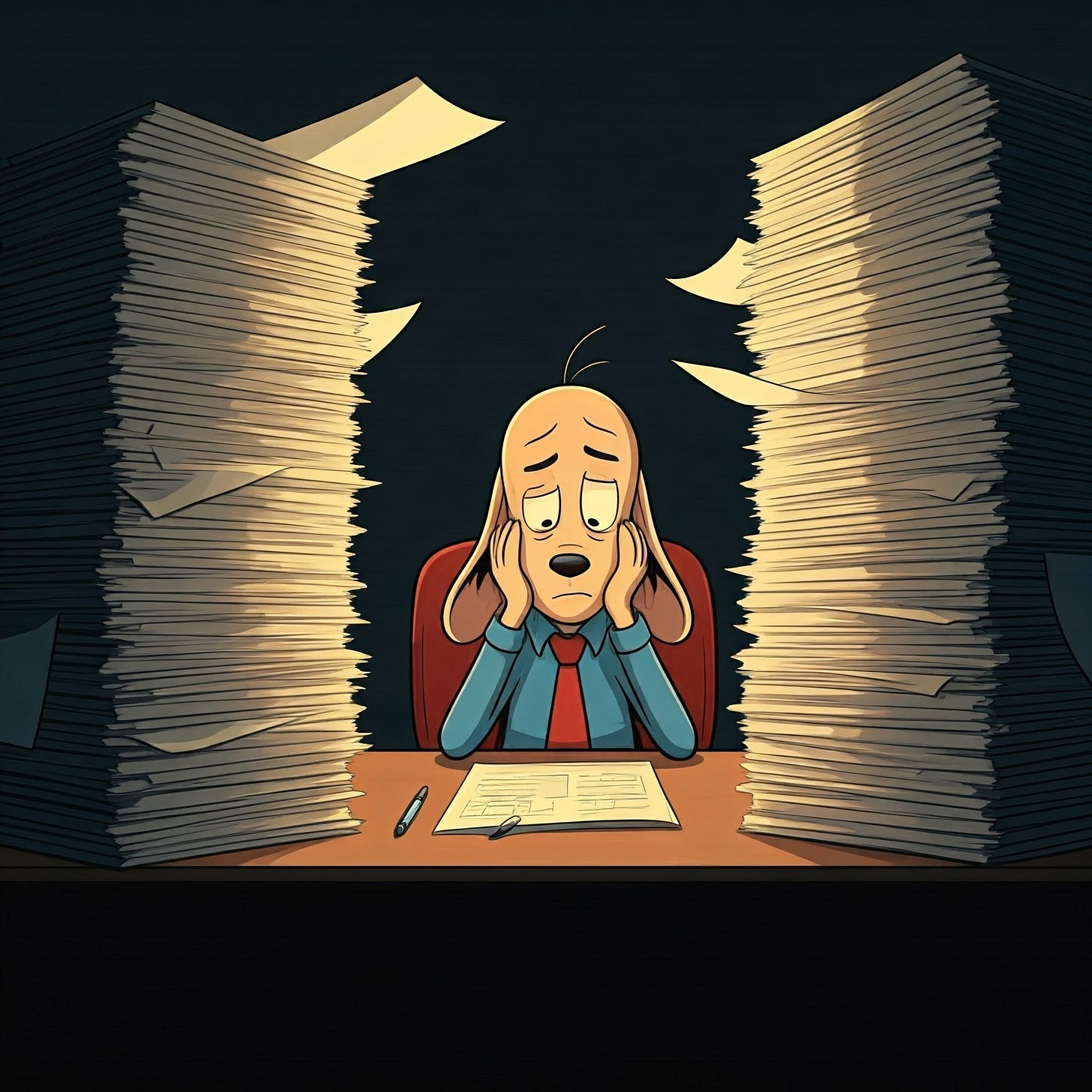Guest post: ADHD and the Workplace: Navigating the Unseen Bias
As I sit here at my desk, fingers hovering over the keyboard, I can't help but feel a familiar sense of unease wash over me. It's not the looming deadline for this article that's causing my anxiety – though that certainly doesn't help. No, it's the constant, nagging fear that at any moment, my colleagues might discover my secret: I have ADHD.
For years, …


